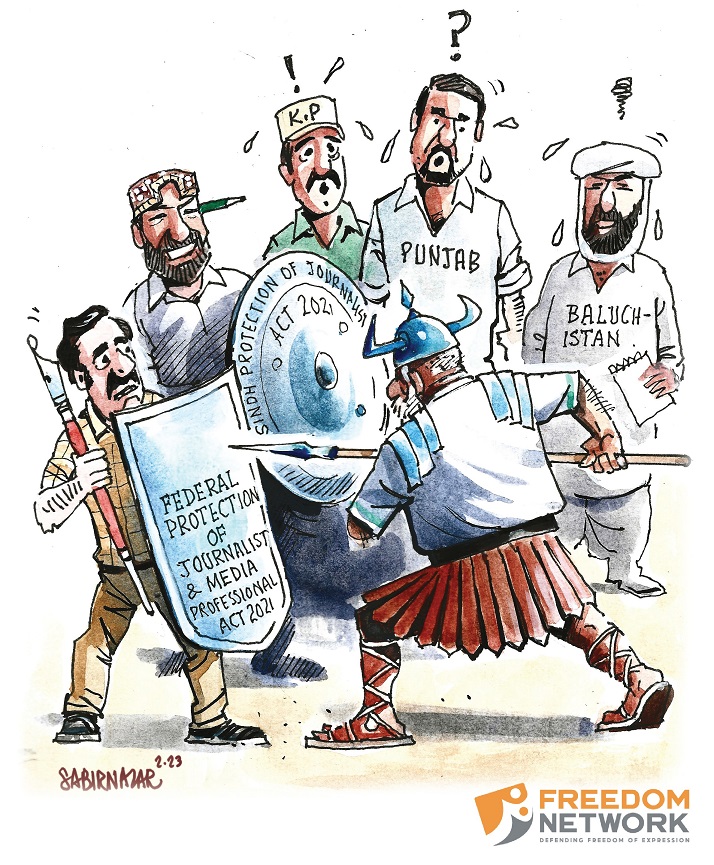Pakistan has firmly rejected India’s unsubstantiated allegations linking it to the deadly attack in Pahalgam, occupied Kashmir, challenging New Delhi to present concrete evidence if it exists. Deputy Prime Minister and Foreign Minister Ishaq Dar, addressing a press conference after a high-level National Security Committee (NSC) meeting, dismissed India’s accusations as part of its “usual blame game” and warned of serious consequences if Delhi escalates tensions further.
The attack in Pahalgam, a tourist hotspot, left 26 dead and 17 injured—marking the deadliest civilian-targeted violence in the region since 2000. While a previously unknown group, The Resistance Front, reportedly claimed responsibility, Indian authorities and media immediately pointed fingers at Pakistan without evidence. In response, India suspended the Indus Waters Treaty (IWT), downgraded diplomatic ties, and shut borders—moves Pakistan has now countered with its own stringent measures.
The NSC announced a series of decisive steps, including:
Immediate closure of the Wagah border for all trade and travel.
Cancellation of all Indian visas (except for Sikh pilgrims) and orders for Indian nationals to leave within 48 hours.
Expulsion of Indian defense, naval, and air advisers declared persona non grata.
Reduction of Indian High Commission staff from 55 to 30 by April 30.
Ban on Indian airlines using Pakistani airspace.
Reservation of rights to suspend the Shimla Agreement and other bilateral pacts if India revokes the Indus Waters Treaty unilaterally.
Dar questioned India’s narrative, asking, “If there is proof of Pakistan’s involvement, share it with the world.” He also raised alarms about suspicious foreign nationals in Srinagar, allegedly backed by Indian intelligence, attempting to smuggle explosives into Pakistan. “Our armed forces are fully prepared—any misadventure will meet a devastating response,” he warned.
Defence Minister Khawaja Asif accused India of harboring and supporting anti-Pakistan militant groups, including the TTP and BLA. “Their leadership gets medical treatment in India—this is no speculation, but fact,” he asserted. He also referenced Kulbhushan Jadhav, an Indian spy captured in Pakistan, as evidence of India’s covert operations.
Asif warned that Pakistan would not bow to international pressure, stating, “If India escalates, we are ready. Our response will be decisive.” He also mocked Indian Prime Minister Narendra Modi, recalling his U.S. travel ban over terrorism concerns.
Attorney General Mansoor Awan clarified that the IWT cannot be unilaterally suspended. “If India breaches it, Pakistan will pursue all legal avenues, including international arbitration,” he said.
The NSC meeting, attended by top civil-military leadership, underscored Pakistan’s readiness to defend itself. Dar emphasized, “Stopping water to 240 million Pakistanis will be considered an act of war.” Information Minister Atta Tarar dismissed India’s actions as “childish,” while Law Minister Azam Nazeer Tarar warned that Pakistan would go to “any extent” if India disrupts water flows.
As tensions escalate, Pakistan has summoned Indian diplomats, signaling a further deterioration in relations. With both nations hardening their stances, the region braces for heightened instability.
Also read: Pakistan announces tough diplomatic and economic measures against India







